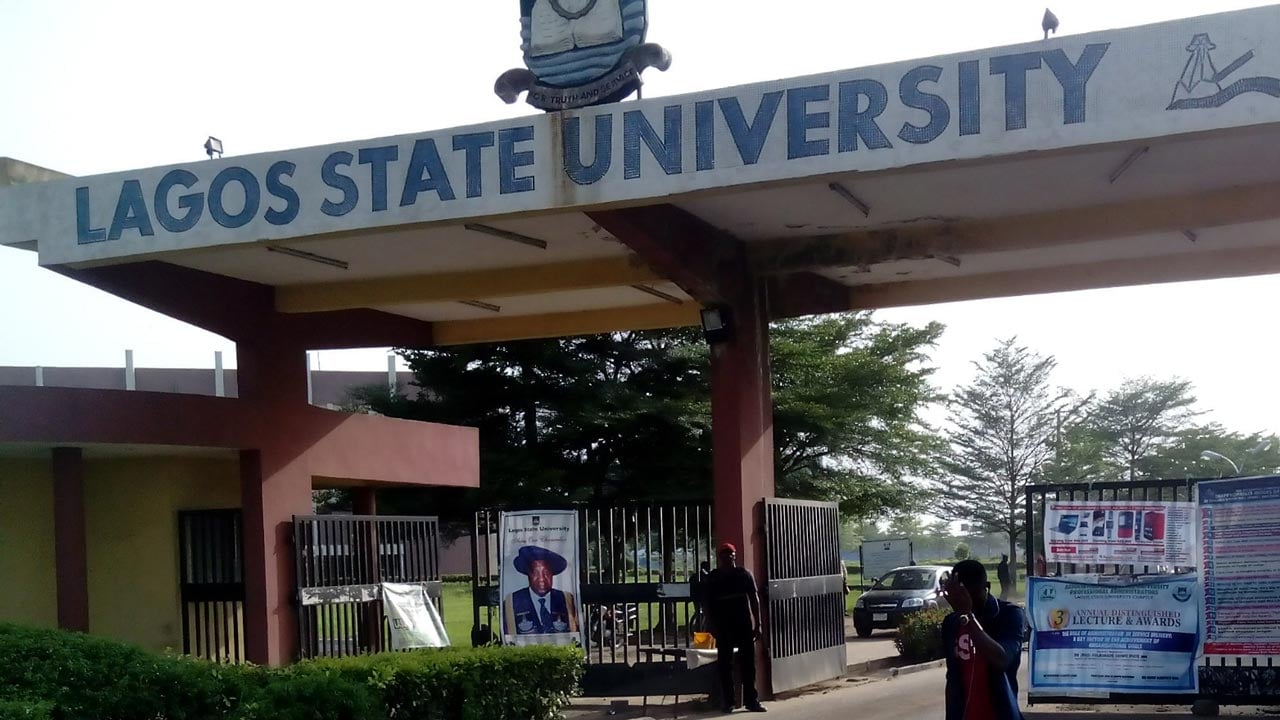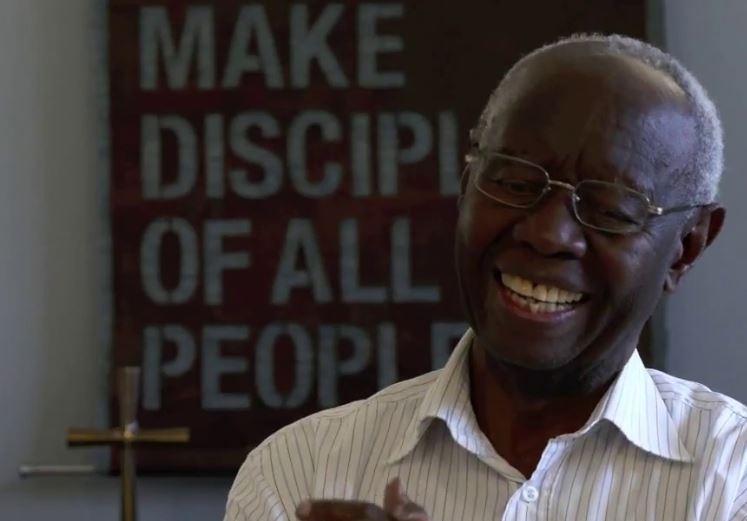BY IREOLUWA ADEGOKE
My journey to being a Chevening scholar
Pursing a master’s degree after my undergraduate programme was a no-brainer. My parents had their M.Ed. shortly after graduation. In my childhood and teenage years, they had constantly expressed their desire for us to pursue education to a doctorate level. In addition, due to the complexities of the Nigerian economy, a bachelor’s degree had become very ubiquitous and they believed that an advanced degree was needed to be competitive in the job market. Although it took a while before I owned this goal, the ambition of pursuing an M.Sc. was birthed for as long as I could remember. During the waiting period before National Service (NYSC), I spent most of my time combing through the websites of many universities in different countries (UK, US, Canada, Australia, France, South Africa, and others). This was done with the aim of understanding the courses that could align with my interests and identify the types different of scholarships, grants and other funds available.
In the course of my search, I developed an affinity for schooling in the UK, so it was a top priority in my later school research (can’t recall the number of UK universities website I visited till date). In 2016, I submitted my first applications to schools and for scholarships. I was delighted to receive admission offers from the three schools I applied for. My first choice was an MSc. in Industrial Systems Manufacture and Management (ISMM) at the University of Cambridge. It was an exciting moment for me, I couldn’t contain the joy. A few months later, I got reject mails from virtually all the funding sources I had hoped was going to support my education. I was dejected, devastated and wasn’t interested in applying anymore, at least, during that phase.
Advertisement
Luckily, before the next admission circle opened in early September, my friends, mentor and others had encouraged me to give it another shot. I reapplied to the ISMM course and other UK universities (against the advice of my other friends who felt that more funding opportunities abound elsewhere). It seemed to have followed the same pattern – admissions came but funding didn’t come forth. I recall waiting patiently and having great hopes to secure the inaugural Nigeria Oxbridge scholarship but wasn’t considered for the interview. It felt like the end for me. A good friend of mine (Olika) suggested that I opened a GoFundMe account. He said that many people had gotten educational support through that medium. In addition, he told me that I had nothing to lose. He collected my details, admission letter and opened the GoFundMe account. He put up the Twitter post and sent me the link to share within my circles. Within weeks, it had several likes, retweets and comments (that were largely discouraging though). The account generated a little over $80. At this point, I concluded that I would forget about applying, build on my work experience and try after I had about 5 years of work experience.
Somehow, many people encouraged me to apply again, I got some private messages from people who read my story via my GoFundMe campaign – so it wasn’t totally a disaster in a sense. My mind was firmly made up to take a break if this third attempt didn’t work out. This was because the stress of using the last four months of every year (September to December) to put in my applications was wearying me – physically, mentally and financially. I truly needed a break.
I was motivated and desired to exhaust as many options that were available. I prepared a sheet to track the admission requirements, deadline and other vital information. My list contained Cambridge, Edinburgh, Cranfield and other admission and scholarship opportunities across the UK, US, Canada and Europe (more than 10 opportunities were identified). In addition, I chose courses that were aligned to renewable energy and sustainable development in all of my UK application, this was different from my focus on industrial engineering and manufacturing courses in my previous attempts. I applied for the Master’s programme in Engineering for Sustainable Development, Sustainable Energy Systems and Renewable Energy offered at Cambridge, Edinburgh, and Cranfield respectively.
Advertisement
Due to the volume of applications to be submitted, I introduced new references to ensure that my current recommenders were not overwhelmed by the number of applications I assigned to them. This strategy
worked well. They were very supportive and sent in their letters at the appropriate time – none failed to meet the deadline.
It was demanding to combine the applications with my full-time work. But I was determined to give it my best and trust God to do the rest. Many of my colleagues knew about my attempts via the GoFundMe campaign and providing tremendous support, motivation and inspiration. My mentor was of great support from the very start of my journey. He helped in numerous ways despite his very demanding schedule. The successes of my friends and those I met via an online community kept fueling my tenacity.
I decided to reapply for Chevening after leaving it out the previous year. I went the extra mile by watching videos, attending webinars and paying more attention to my essays. Thankfully, the repeating failures didn’t affect my work performance but served as an incentive to give my best, increasing my volunteering engagements and more prayers.
Advertisement
At the start of the New Year, I got offers from the schools I applied to in the US, got invited for a scholarship interview and other good news in my personal life. It was the perfect start to a new year and made me hope that it was going to happen this year.
Around the same period, I got a rejection mail from the Cambridge course. I felt hurt because it was my dream school and I had gotten admitted there twice in the past. However, the joy of the other ‘good news’ served as a big consolation. In retrospect, I remain proud to have been admitted to one of the best schools in the world. Though it didn’t work out that time, I believe that God will make a way someday.
I eventually got invited for the Chevening interview and did a mock interview with a friend a night before the interview date. I read through my essays again to be sure that I could answer correctly any questions that came from it. In the interview, unusually, I became nervous, my response wasn’t coherent. The interviewers were very generous and encourage me to take some water to calm my nerves. As they asked more questions, my confidence increased and I did my best to simplify my answers, especially those related to my intended field of study. In the end, I felt confident that despite the bump at the beginning I had been chosen.
Several months later, I got the response I had long waited for: ‘Congratulations! You have been conditionally selected for the Chevening Scholarship’. It meant everything to me.
Advertisement
I had been #ChosenForChevening!
Advertisement
Views expressed by contributors are strictly personal and not of TheCable.
Add a comment






